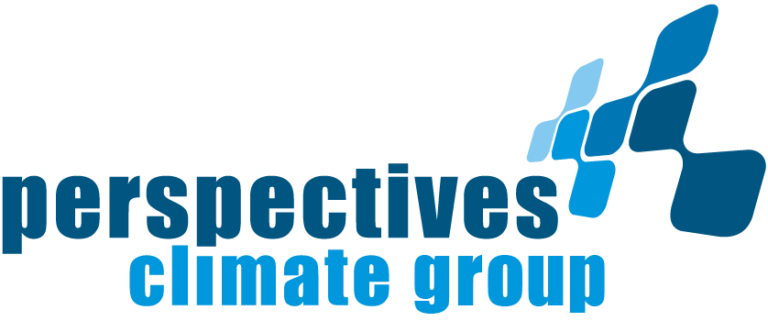Climate Policy Research
With calls for political action getting ever louder in a heating world, research on policy instruments suitable to tackle the manyfold challenges of climate change is more important today than ever before. The evolving design of climate policy instruments on the international and national level requires a good understanding of the political economy, economics of mitigation and adaptation options, and of interactions between instruments. Perspectives has contributed to academic discussions for more than 20 years, with over a hundred peer-reviewed research articles to its credit.
In addition to the intrinsic value of research, a solid understanding of current academic discourses enables us to provide the top-class consultancy services we aim for. And the best way to understand the science is to do the science.
Recent Highlights
Perspectives´ academic non-profit arm works with research grants from foundations and public institutions such as the German Federal Ministry of Education and Research, the International Climate Initiative (IKI), the European Union, and the Swedish Energy Agency.
Prominent research topics include:
- EU policy design and impacts – e.g. EU CBAM, RED III, EU-ETS II
- PtX financing schemes
- Solar Radiation Management (SRM)
- Overshoot-scenarios (1.5 degree target) and sound compensation options
- Digital MRV & blockchain
- Interest groups and national climate policy instrument choice
- Impacts of CO2-free energy supply technologies on energy markets.
Our research aims to inform decision-makers and contribute to academic discourses alike. Depending on current research needs on different topics, we publish high-level considerations on policy instrument choices or detailed suggestions on specific instrument design aspects.
We inform by providing reviews and analysing specific case studies.
By focusing on (but not restricting ourselves to) open-access publishing, we make our academic outputs available to the public to foster discussions and mutual learning among a heterogeneous audience.

Climate Policy has developed for decades now, and it keeps facing big challenges: An ever-increasing urgency to act, the need to integrate novel technologies and to balance heterogeneous expectations from the public space are but a few examples. Our research tries to identify potential solutions to these and other challenges by understanding the often interwoven dimensions political action or non-action may imply.
Malte Winkler
Limiting global warming to 1.5°C is a Herculean task. We need to mobilise all possible avenues of mitigation. We need to do it fast and efficiently. We need to do harness mitigation everywhere. This requires international cooperation through innovative mechanisms. We cannot shy away from “taboo zones.” Perspectives is available for design of mitigation policies. With our rich experience in helping governments to define and implement Nationally Determined Contributions and international carbon markets, we are well placed to explore harnessing novel forms of mitigation such as carbon dioxide removal as well as providing an assessment of emerging technologies such as solar radiation modification not motivated by partisan interests
Axel Michaelowa
Two EU Horizon Programme research grants secured starting in 2024: CO-CREATE (SRM governance) and COREU (Carbon transport and storage opportunities). Both projects constitute large consortia bringing together several renowned institutions.
Frequent publications in peer-reviewed journals and special issues in renowned journals – such as the forthcoming Climate Policy special issue co-edited by Axel Michaelowa and Malte Winkler.
Matthias Honegger´s publication in Nature Communications, a journal of the renowned Nature family, on fair and effective funding of CO2 removal technologies (available here)
Perspectives’ staff has a strong academic background, affiliations with various universities and a strong record of publishing in peer-reviewed academic journals.
Axel Michaelowa has been an IPCC lead author in the 4th and 5th Assessment Reports.
Through our links to world-class research institutions like the University of Zurich, the University of Freiburg, RIFS, Utrecht University, the Kiel Institute for the World Economy and many others, we can set up multi-disciplinary research teams.
Our active participation in key events of international climate policy enables us to identify the most recent and pressing research needs and focus our efforts on addressing these critical areas.


